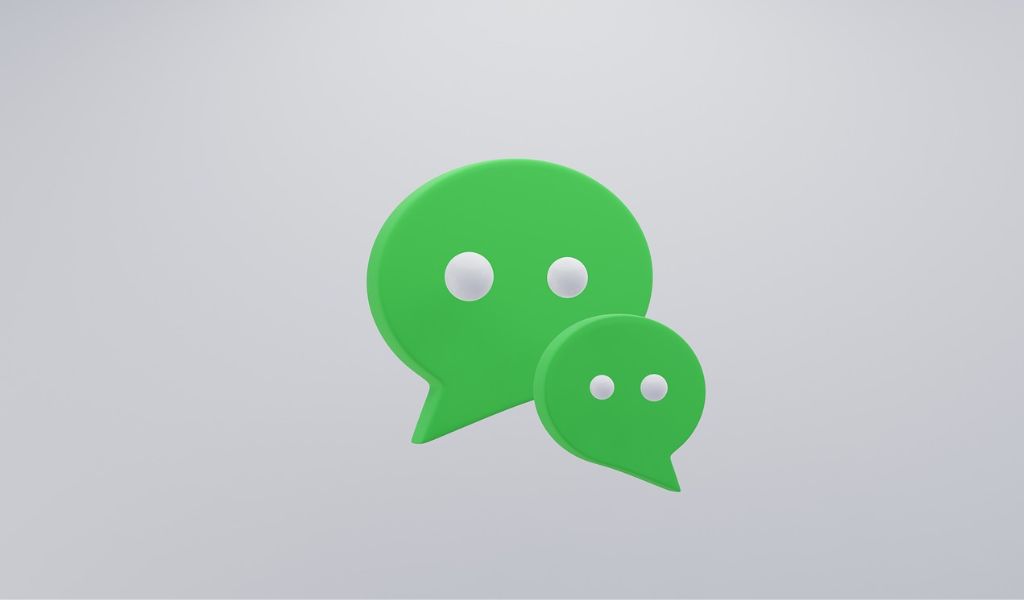Google has been pointing fingers at Apple for not joining RCS, a new messaging standard that includes end-to-end encryption. However, the tricky part of this system is that both the person sending the message and the person receiving it must be using the same platform.
But Google came up with a solution for this: It’s called Messaging Layer Security, or MLS for short. This new standard is designed to make messaging on different platforms more secure.
The people who deal with the technical rules that form the foundation of the Internet, known as the Internet Engineering Task Force (IETF), recently gave MLS a thumbs up. MLS provides end-to-end encryption, which is a fancy way of saying that only the people in the conversation can read the messages being sent.
This is where it gets really cool. With MLS, Google Messages can join and share messages with other messaging apps that also use MLS. In everyday language, this means that you can have a group chat with your friends and send messages that will appear on their devices, regardless of which messaging app they prefer to use. So you can rest easy knowing that your group chats are safe and secure.
Why does it matter?
According to an Oxford report published in 2017, various weaknesses in popular messaging apps such as WhatsApp and Facebook Messenger can allow group chats to be intercepted if only one person is compromised.
The new standard will not only give you the flexibility to use any app you want while still being a member of a group, but MLS will also offer end-to-end encryption across all platforms.
robust standardization
All technology companies operating in this field must adhere to the same standard for such interoperability to be successful in practice.
Without robust standardization, the result would be a jumble of ad hoc middleware, according to Google, which would weaken security standards to meet the lowest common denominator and increase implementation costs, especially for smaller vendors.
“MLS scales to groups of thousands of users across multiple devices, enabling practical interoperability between services and platforms for the first time. In addition, it is adaptable enough to allow service providers to address new risks to user security and privacy, such as quantum computing, the business continued.
However, Google has not specified a time frame for when it intends to integrate MLS into Google Messages. However, he indicated that by making Android’s codebase implementation open source, it will help the widespread adoption of the standard across the industry.
EU regulation
The decision comes as the European Union is pushing tech companies to build an end-to-end encryption system that allows users to send messages securely between platforms through its Digital Markets Law.
By law, Apple must also make iMessage compatible with other messaging services. It could imply that Apple is required to support MLS, at least within the EU. There is no information available on how it would affect RCS.
Subscribe to our latest newsletter
To read our exclusive content, sign up now. $5/month, $50/year
Categories: Technology
Source: vtt.edu.vn
